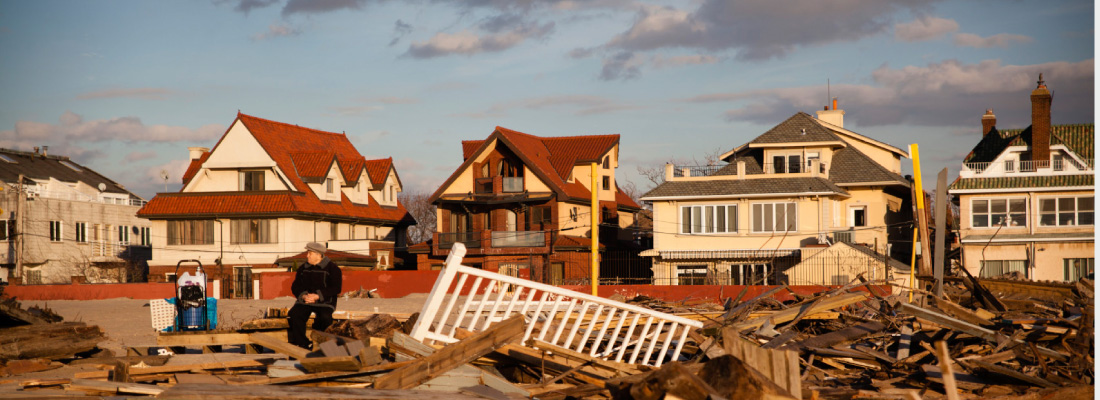2013 conference highlights

BI cover ‘curious’
Business interruption is a “curious” type of insurance, Prof Rob Merkin, from Exeter and Auckland universities, told the NZILA conference.
Participating in a panel discussion, moderated by Crombie Lockwood’s Myles Noble, Prof Merkin said the “trends clause” generated most disputes on coverage. Causation was an issue. “Damages in the trends clause usually means damage to premises, not the locality,” he said. “Accordingly, the test is based on an undamaged building in a damaged town.”
However, that left unanswered questions. Prof Merkin asked whether ‘but for’ was still a credible test and raised the possibility of monopoly profits from the test being applied.
He cited the May 27, 2010, Orient Express decision which arose out of a hotel owner’s business interruption (BI) claim following Hurricanes Katrina and Rita in 2005.
Orient Express Hotels Ltd’s Windsor Court Hotel, in New Orleans, was seriously damaged by the hurricanes. Orient Express sough BI coverage for its losses from damage to its insured property and wider area damage and loss of attraction. The decision reaffirmed the application of ‘special circumstances’ provisions in adjusting BI losses and confirmed the broader effects of the peril could be taken into account.
But the court agreed with the hotel’s insurer that the policy wording clearly anticipated a ‘but for’ causation test. The claim failed because it could not be said that, ‘but for’ the damage to the hotel, there would have been no BI loss. But Prof Merkin said Orient Express was “not the authority it’s been held out to be”.
Cunningham Lindsey’s national chief adjuster Leon Briggs said it was clear that if no damage was suffered, for example a tenant left because of an earthquake, despite the building not being damaged, the policy was not triggered.
Mr Noble questioned when an indemnity period started if, after a quake, a business kept operating, despite the premises needing major repairs. Mr Briggs said: “If the policy says the indemnity period starts on the day of the damage, that’s what the policy states.” The insured could have chosen a different indemnity date.
Prof Merkin said it was “a double-edged sword” because a company with a monopoly could recoup its losses very quickly. He queried whether the marine insurance concept of constructive total loss for ships could be applied to property insurance.
He said the rule was to “stick to the policy wording”, but, depending on circumstances, it meant insureds would have wins and losses.
Orient-Express Hotels Ltd v Assuricazioni General SpA [2010] EWHC 1186 (Comm)